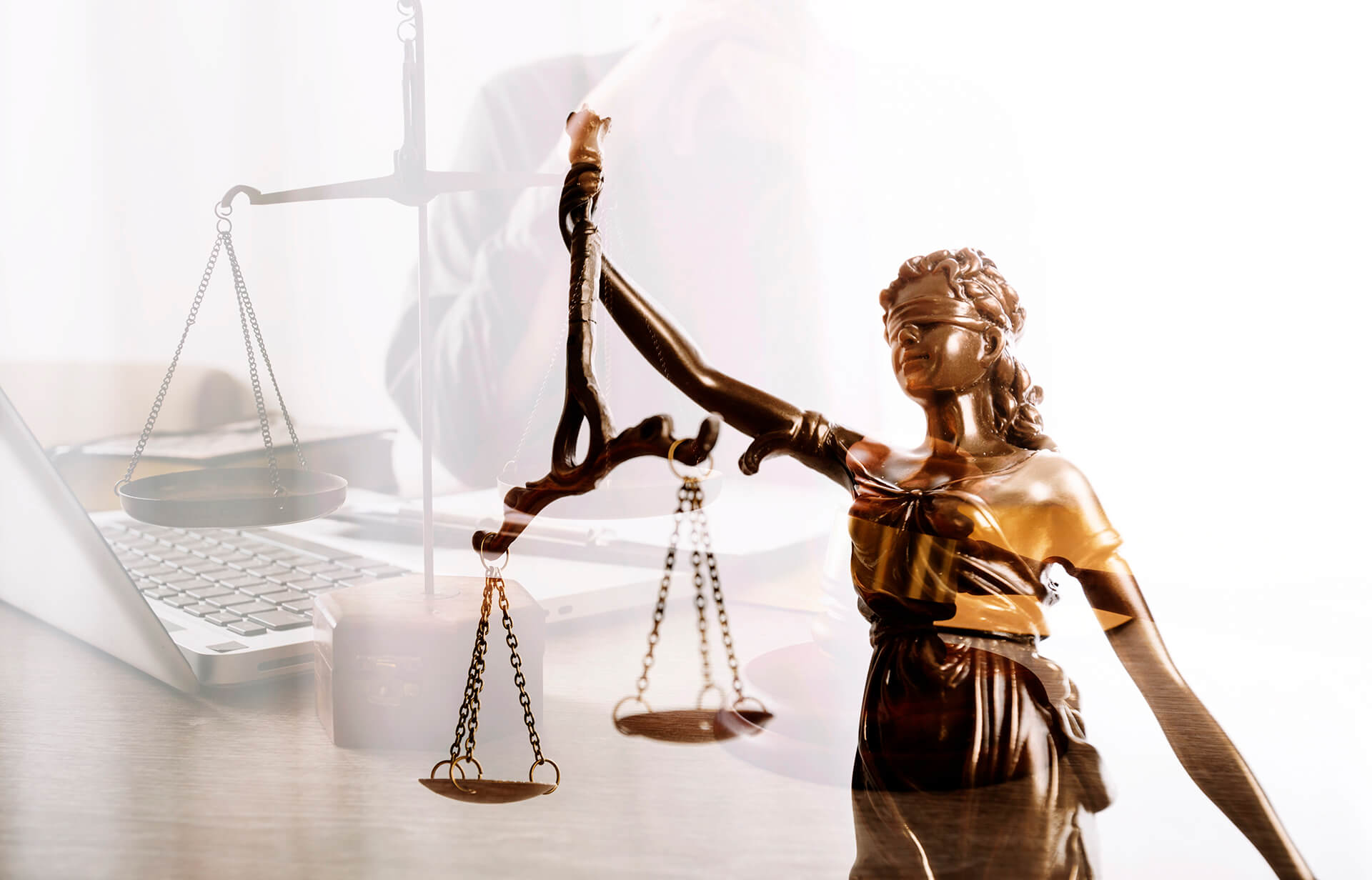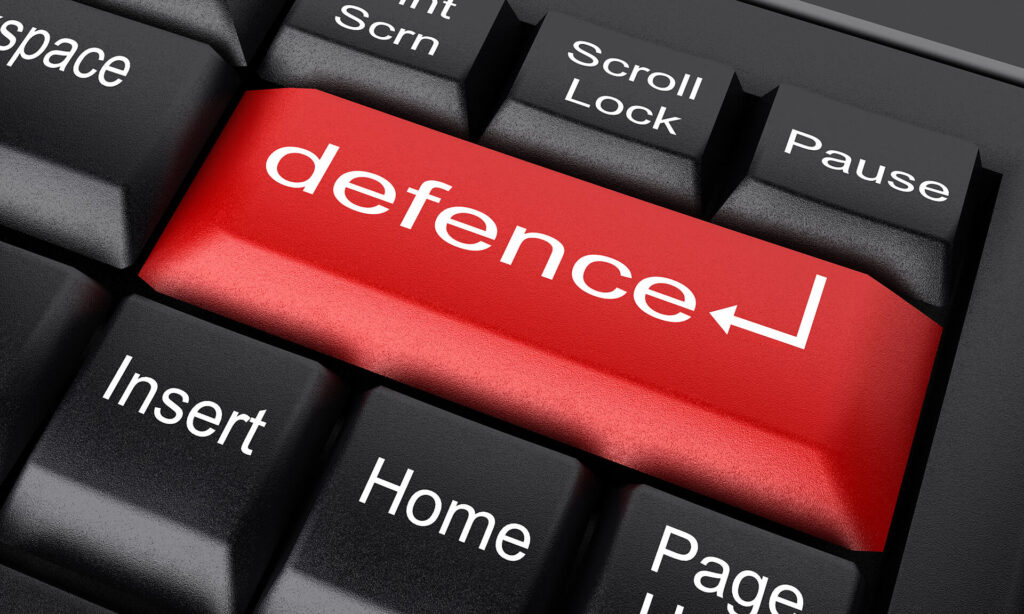Nation-State Internal Affairs

The relationship between a nation and a state can be complex and multi-dimensional. A nation and a state can overlap, where the people who make up the nation also constitute the majority of the state’s population. In other cases, a nation may encompass multiple states. Additionally, a state, as it mostly experiences, includes multiple nations, each with its geo-historic culture and identity. In all social formations between the nation and the state, the need to formulate and exercise the need-based economy and interest-based affairs between them.
The relationship between a nation and a state can have important implications for issues such as national identity, cultural preservation, and political representation. It can also be a source of conflict, particularly when different nations within a state have competing interest-based goals. We shall introduce nation-states’ internal affairs in correspondence with nation-states’ foreign affairs.
The internal affairs of a state refer to the issues, policies, and social formulae that take place within a state’s borders among the nation’s constitution the state, and the internal boundaries of nations which define the organizational setup of government. These can include a wide range of variables, such as:
-
Domestic policy:
This includes policies-affairs related to education, healthcare, welfare, labor laws, taxation, and infrastructure development, along the national grid.
-
Law and Order:
This involves the configured participation of constitutioning nations in the enforcement of law-affairs within the state including law enforcement, the justice system, and the courts.
-
Defense and National Security:
This comprises policies-affairs related to nation-state defense, military operations, and intelligence matrix.
-
Domestic-Foreign Policy:
This encompasses state-nations’ internal relations forming affairs with other nations & countries, international organizations, and its foreign policy objectives.
-
Economic Policy:
This includes policies related to trade, investment, and economic development.
-
Environmental Policy:
This includes policies related to environmental protection, conservation, and sustainable development.
-
Social and Cultural Policy:
This includes policies related to promoting social and cultural diversity, protecting human rights, and ensuring equality.

The internal affairs of a state constitute the nation’s interest-based phenomenon, forming the internal domestic policy for the government through various state institutions, including the political executives, legislative, defense formations and judicial branches, and other competent bodies involving peoples’ participation at deeper levels of the society.

